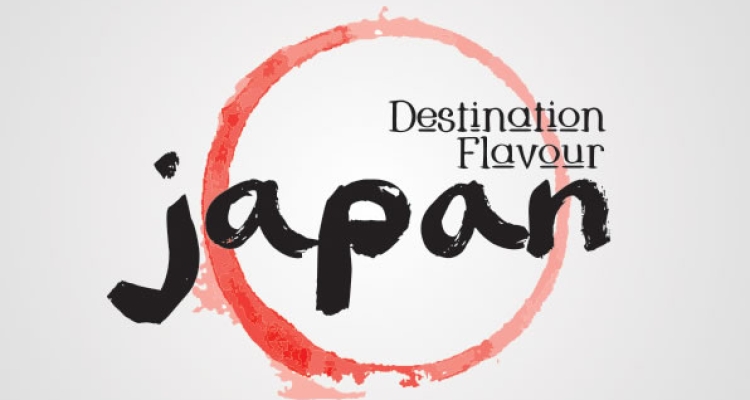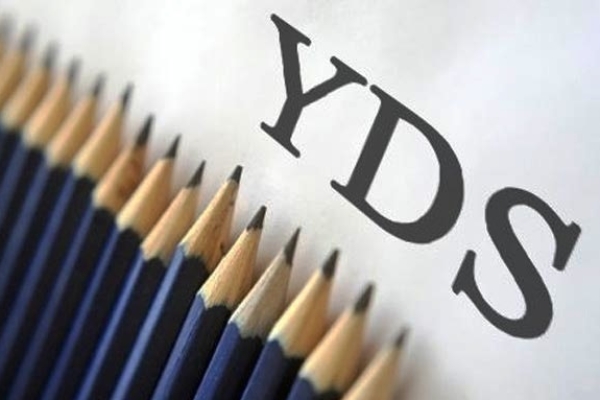
A Guide for Education in Japan
In Japan, nearly 300,000 international students are currently studying at schools of different levels (universities, secondary schools, vocational schools and other educational institutions in Japan). Since the early 1980s, the number of students studying in Japan has been increasing rapidly. Although the majority of students come from Asia Pacific countries such as China and Vietnam, it is possible to meet students from all over the world in Japan.
Visa
Foreign students are required to obtain a student visa to study in Japan. In order to obtain a student visa, an educational institution must be a sponsor.
Student visa holders may not engage in any activity that charges fees without permission from the school and immigration office. Even if permission is obtained, students can only work at a certain time per week. Working with a tourist visa is completely forbidden.
Japanese Education System
In Japan, higher education begins after the completion of 12 years of education: primary (6-year primary) and secondary (3-year secondary and 3-year high school). There are 5 types of higher education institutions where international students can be accepted; These are: 1) schools of technology, 2) vocational schools, 3) secondary schools, 4) universities (undergraduate) and 5) institutes. Depending on the constituent bodies, these higher education institutions are classified into three types: national, local public and private.
Language Schools
Japanese language schools range from private language schools to state-recognized institutions that offer preparatory courses that students need to enroll in universities and are located in many Japanese cities. There are language schools for all proficiency levels as well as several weeks of courses and courses lasting more than a year.

Universities
Japanese University Admissions Exam for International Students (EJU) is a standard exam that facilitates the process of international students' admission to universities in Japan.
The exam consists of questions on Japanese language, science, mathematics, Japan and the World, and is held twice a year in Japan and in some countries outside Japan. The exam can be answered in Japanese or English (except the Japanese language section).
Nearly all national universities and many public and private universities use the EJU as an admission criterion for international students, while some also take their own entrance exams.
The language of instruction in most universities in Japan is Japanese. Few universities, however, offer a four-year bachelor's degree with courses taught entirely in English. In addition, several universities have one or more English departments at the graduate and / or doctoral level.
Scholarships and Exchange Programs
Scholarship programs for international students are provided by the Japanese government, local authorities, the Japanese Student Services Organization (JASSO), and private organizations, foundations and companies in Japan and abroad.
Similarly, there are various government agencies, organizations and educational institutions in and outside Japan that offer short-term exchange programs for secondary and secondary school students to study in Japan and experience life in Japan.
Life in Japan
The average monthly costs of an international student (excluding academic fees) are around $ 800, but the cost of living in large cities is higher than in most of the world. A significant portion of the monthly expenses are rent expenses. On average, a budget of around US $ 300 is required.
There is a national health insurance system in Japan. Foreigners who will stay in Japan for three months or more are required to register for the National Health Insurance Program (NHI; also known as uh Kokuho)). Students who will study in Japan for less than three months should apply to the school where they will study.
The annual health insurance premium is approximately US $ 200. The premium varies depending on your city and income. There may be a premium discount plan or support system for students in your area, so you should contact the municipality of the city where you live.
An unexpected accidents are not covered by the National Health Insurance. There are accident insurance plans and personal liability insurance plans that can be attended by international students to cover the expenses.
You can open the doors of education in Japan by taking advantage of our education consultancy service with Candelas' quality!








